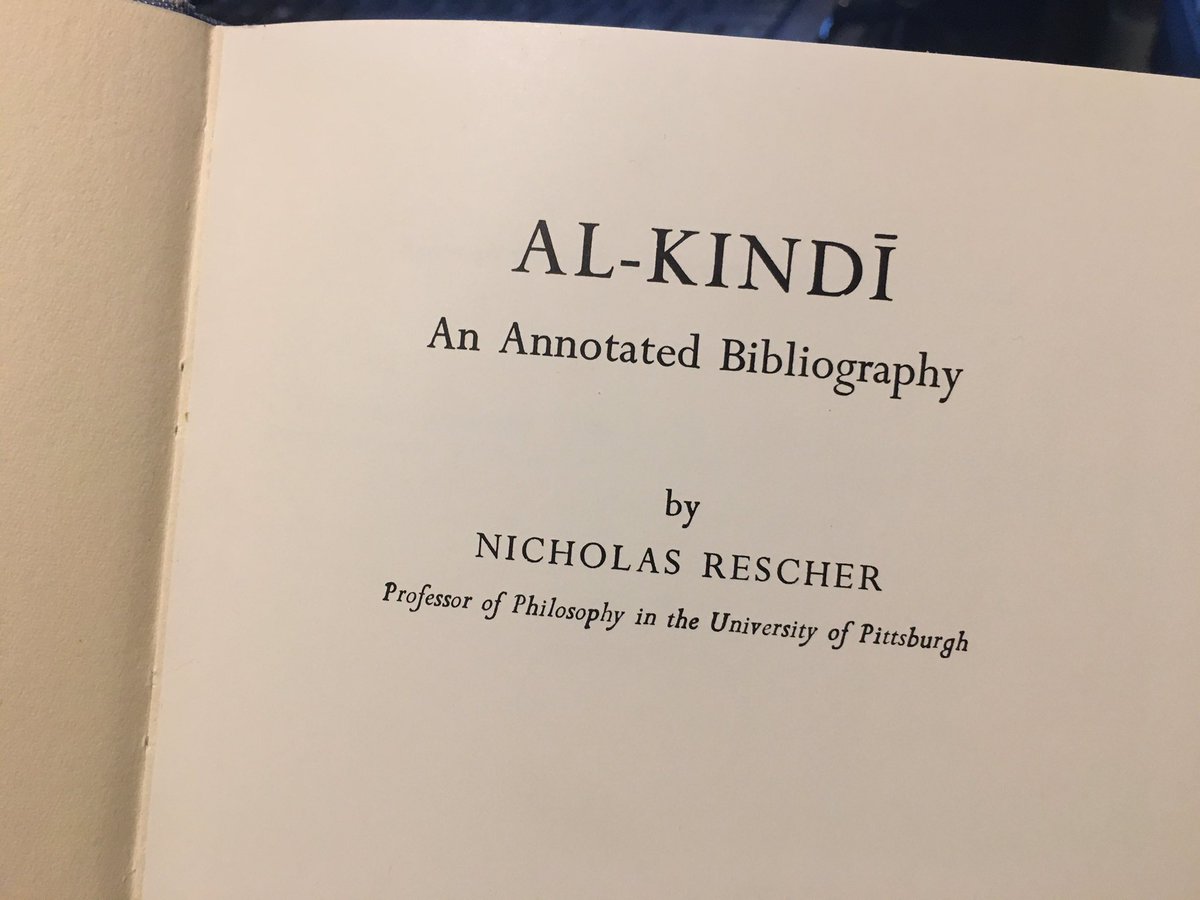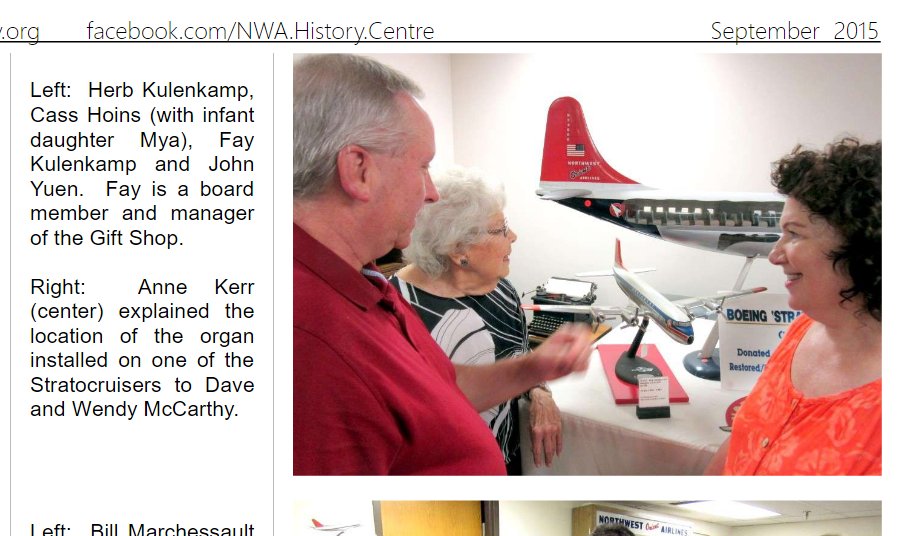So geeking out about getting a copy of this. Finding editions of Al-Kindi's 9th cent. Arabic Music Theory treatises is...annoying...was thrilled to find this. Doubly geeking as it's by Nicholas Rescher, a philosopher/logician whose works (some) I've read!
upittpress.org/books/97808229…
upittpress.org/books/97808229…

Still brainstorming this series-one of the reasons I ordered a copy of the Al-Kindi bibliography. Interestingly, I’m coming across pieces bemoaning the lack of acknowledgement early Arabic Music Theorists influence on Medieval Western Music Theory has been essentially erased.
https://twitter.com/Silpayamanant/status/1301004900541837313
Which is par for the course in the Western Art Music ecosystem. Erasure of the Music Theory of Islamic Empires was necessary to elevate the status of WAM and keep it as the "greatest musical achievement of mankind."
Progress on the Arabic #MusicTheory Bibliography so far.
https://twitter.com/Silpayamanant/status/1302383092821364740
Scored a used library copy of this on ebay for less than a tenth of the listed price!
"The Theory of Music in Arabic Writings (c. 900-1900)" Amnon Shiloah (ed.) G. Henle Verlag, 512 p.
henle.de/us/detail/?Tit…
"The Theory of Music in Arabic Writings (c. 900-1900)" Amnon Shiloah (ed.) G. Henle Verlag, 512 p.
henle.de/us/detail/?Tit…
Was just noticing that in 2013 I'd set up, and started a separate wordpress site specifically geared to Arabic and Ottoman Turkish #MusicTheory and rep. I even started digitizing my handwritten glossary I had one of my many notebooks for music from that part of the world. 🤣 

I'm sure I ahve a Thai and Southeast Asian #MusicTheory and rep. blog set up somewhere. Maybe one of these days I'll find it too! :P
Ziryab was also described as Black. There were actually a fair number of people involved in the history of Arabic #MusicTheory who were Black or mixed race. Makes sense since the Arabic Empires ranged over parts of African in addition to Europe and Asia!
https://twitter.com/Silpayamanant/status/1302729415269416960
Finally got a copy of The Consort with Carl Cowl's English translation of Al-Kindi's 'Risāla fi hubr ta’lif al-alhan' (On the composition of melodies).
Probably the oldest extant Arabic #MusicTheory work (he died ca. 870 CE) that we have, though there are plenty earlier!
Probably the oldest extant Arabic #MusicTheory work (he died ca. 870 CE) that we have, though there are plenty earlier!

Copy of the Al-Kindi annotated bibliography is in! A little dated - published in 1964 so wouldn’t even include the Carl Cowl’s translation mentioned above. But pretty comprehensive of pre ‘64 editions of Al-Kindi’s #MusicTheory works to them. 

• • •
Missing some Tweet in this thread? You can try to
force a refresh










